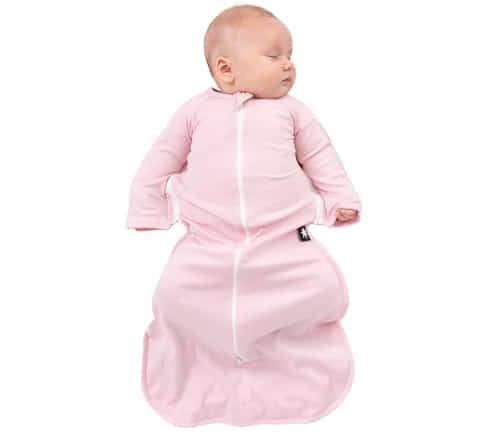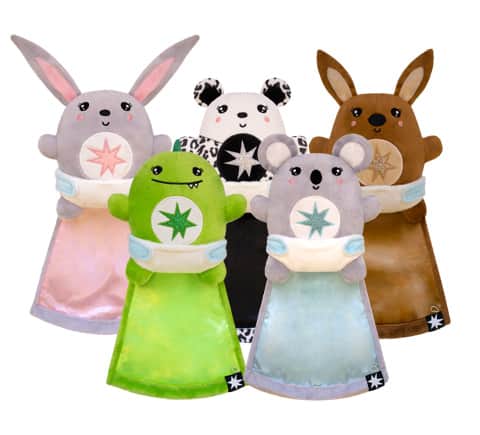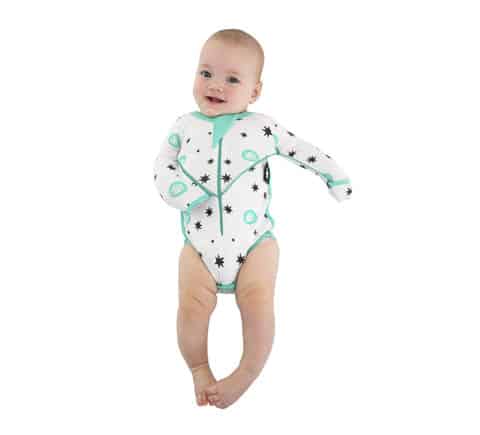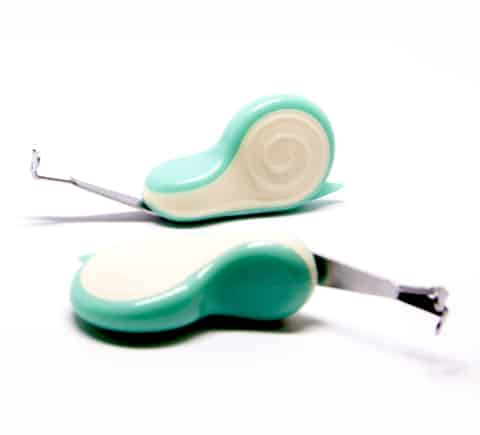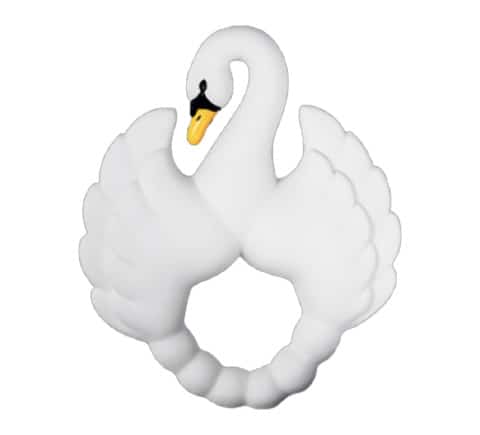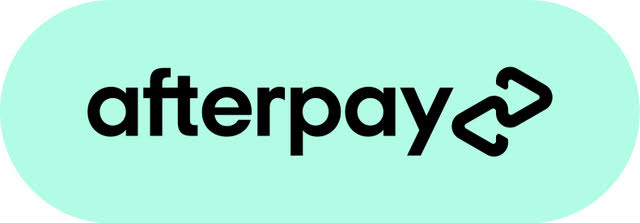In the weeks and months after giving birth women will experience many highs and lows. It is completely normal to be emotional, exhausted, tearful and even frustrated at times. But postnatal depression is not the baby blues; it’s not just a hormone overload; and it’s not just sleep deprivation. Postnatal depression is a thick fog that casts a dark shadow over all the things that should bring you joy.
I’ve seen so many strong women in my life literally brought to their knees by postnatal depression. I’ve seen them struggle with the guilt that they have a perfect baby in their arms yet they don’t take any pleasure from life. They paint a forced smile on their face when what they really want to say is that they’re still trying to figure out why they love and resent their baby in equal measure; that they don’t look forward to anything anymore; and that they spend most hours of the day rallying the courage to step outside the house.
Postnatal depression doesn’t make them a bad mum or a terrible person; it makes them one of the 45,500 women (15 per cent of new mothers) who are diagnosed with postnatal depression each year in Australia.
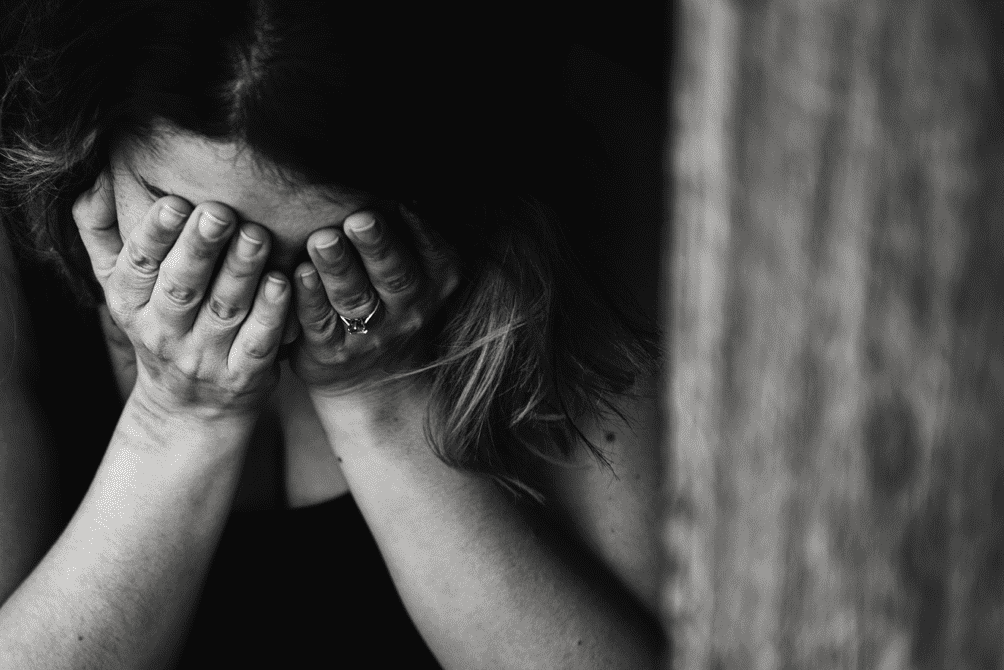
Know the signs of postnatal depression
Not every woman will move through postnatal depression with the same symptoms or to the same severity, but Beyond Blue lists the common things women say they experience as:
- low mood and/or feeling numb
- feeling inadequate, like a failure, guilty, ashamed, worthless, hopeless, helpless, empty or sad
- often feeling close to tears
- feeling angry, irritable or resentful (e.g. feeling easily irritated by your other children or your partner)
- fear for the baby and/or fear of being alone with the baby or the baby being unsettled
- fear of being alone or going out
- loss of interest in things that you would normally enjoy
- recurring negative thoughts – “I’m a failure as a mum”, “My life is terrible”
- insomnia (being unable to fall asleep or get back to sleep after night feeds) or excessive (too much) sleep, having nightmares
- appetite changes
- feeling unmotivated and unable to cope with a daily routine
- withdrawing from social contact and/ or not looking after yourself properly
- having thoughts about harming yourself or your baby, ending your life, or wanting to escape or get away from everything.
If you are experiencing some of these symptoms at any time during the first year after you’ve had your baby, you may be suffering from postnatal depression. If you are experiencing any of these symptoms, please speak to a professional for help.
Postnatal Depression doesn’t just ‘go away’ by itself
You can’t wait out postnatal depression; it’s not a passing phase. Many women feel hesitant about seeking help because they fear that they will be placed on medication and forgotten about. Treatments to help with depression come in many forms, including a combination of emotional, practical, and psychological support. If your symptoms are more severe, your treatment plan may combine these approaches with medication. The important thing is that your treatment plan will be tailored to you and your unique circumstances.
I am yet to hear of a mum who regrets reaching out for help but know many who regret not asking for help sooner.
Isolation is a Postnatal Depression Trap
Postnatal depression is a pervasive illness that plays a cruel game on you – it is hell-bent on pushing away your support network when you need it most. To all the mums who are struggling, please know you are not alone. And if you know someone who might be struggling, please gently raise the subject with them. Sometimes just acknowledging that there might be a problem can be a major turning point for a mum who is at breaking point. Even if she brushes it off at first, it may be the first step in her knowing that she doesn’t have to fight this alone.
If this post raises any issues for you, call the PANDA National Helpline on 1300 726 306 between 9am and 7.30pm AEST or visit their website here.
Please share this article; it may reach a woman who needs to read it.
